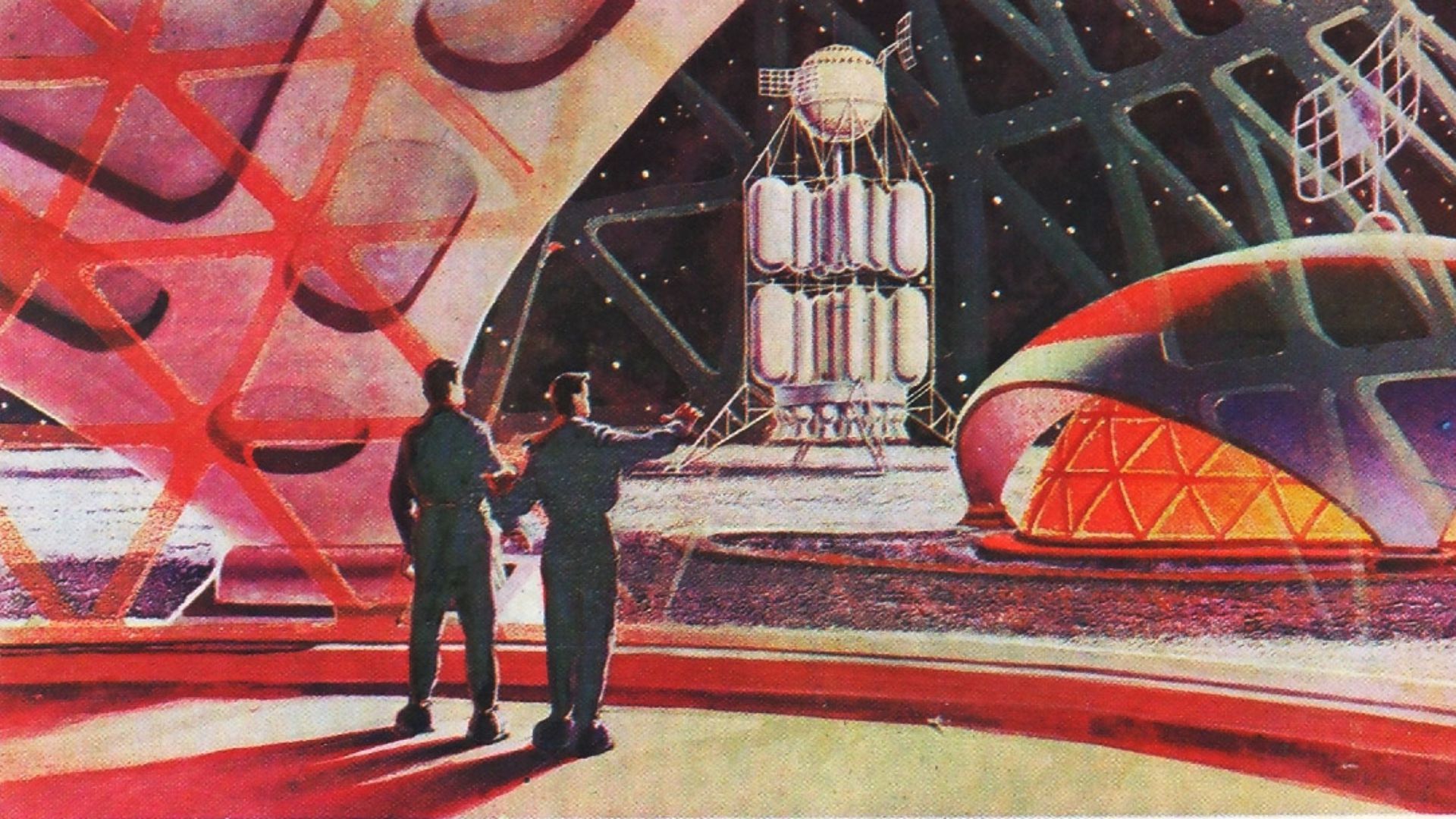Are Trots basically the scholar-monks of communism?
Salvador Guillermo Allende Gossens - Novo General Megathread for the 26th-29th of June 2025
Salvador Guillermo Allende Gossens - Novo General Megathread for the 26th-29th of June 2025
June Days Uprising Begins (1848) - Novo General Megathread for the 23th and 25th of June 2025
June Days Uprising Begins (1848) - Novo General Megathread for the 23th and 25th of June 2025
June Days Uprising Begins (1848) - Novo General Megathread for the 23th and 25th of June 2025
June Days Uprising Begins (1848) - Novo General Megathread for the 23th and 25th of June 2025
June Days Uprising Begins (1848) - Novo General Megathread for the 23th and 25th of June 2025
June Days Uprising Begins (1848) - Novo General Megathread for the 23th and 25th of June 2025
Imperialism Reading Group - Super Imperialism, by Michael Hudson - Epilogue, Questions, Suggestions

![Cowbee [he/him, they/them]](https://hexbear.net/pictrs/image/ae0d391c-ebf2-4804-94cd-0122ea668b74.jpeg?format=webp&thumbnail=128)
The endless desire to start new projects before finishing the one you're on, I know it well